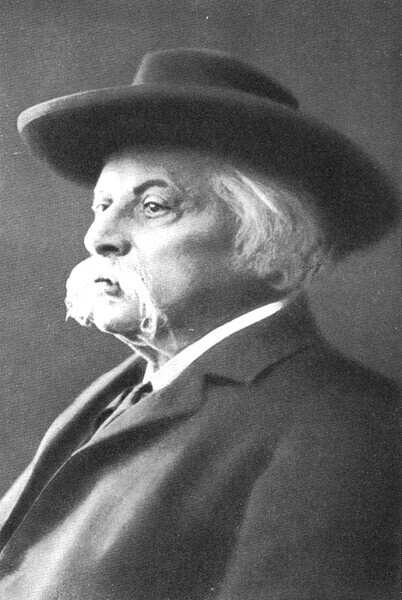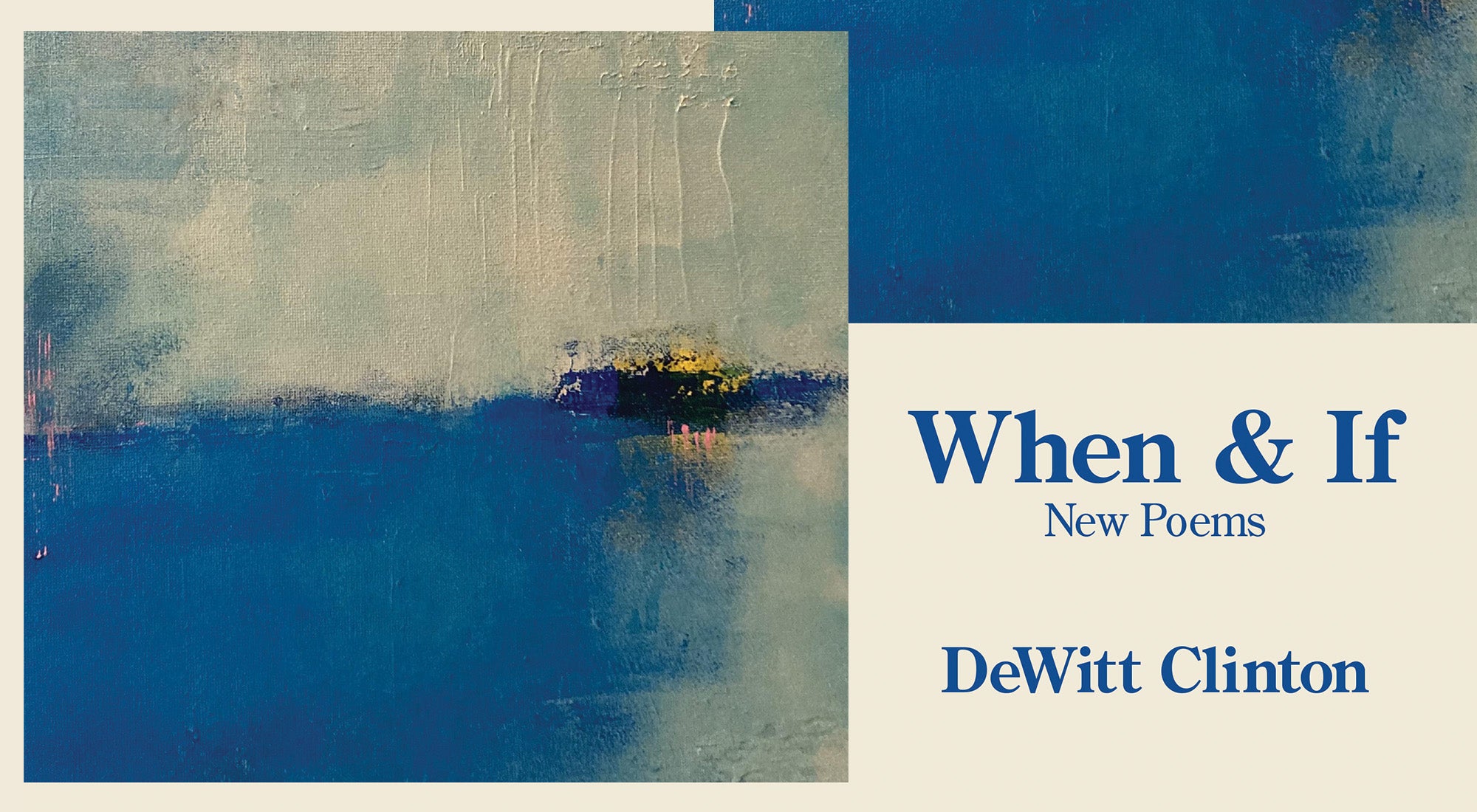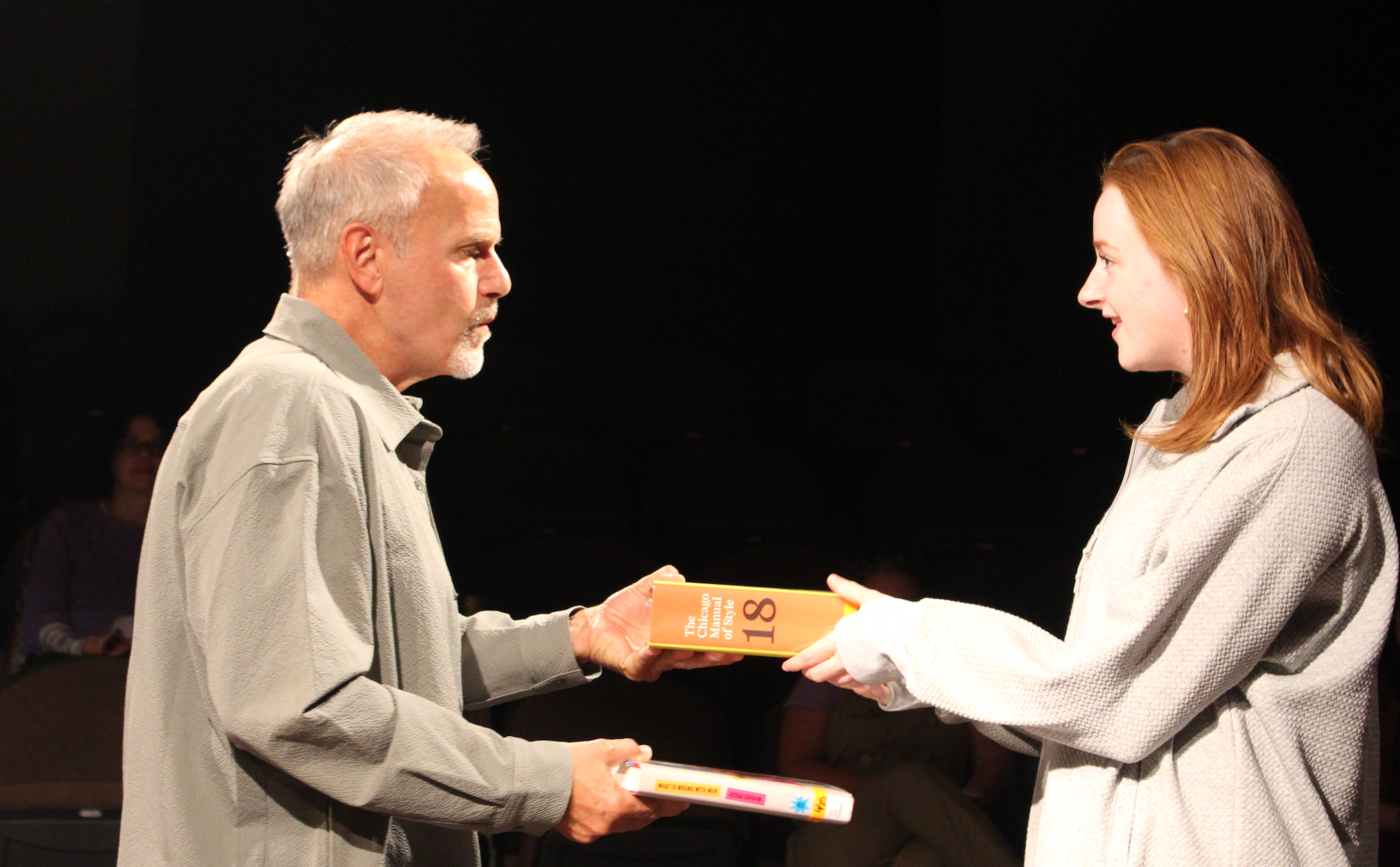The starving artist. The phrase is a cliche, but it is also a literal description of composer Karl Goldmark as a young theater musician.
In 1851, at age 21, Goldmark was scraping out a living as a theater musician in Budapest. He and a friend rented a single room with a kitchen. They slept in the kitchen on a bag stuffed with straw. Their only other furniture was a chair and a piano. Goldmark practiced diligently, h oping to become a capable self-taught pianist so that he could supplement his income as an accompanist for singers. He also played for all-night dances, and he was not exactly prospering.
When the management of the theater in Budapest changed, Goldmark moved to Vienna, where he worked at major theaters for minor compensation. In his autobiography Notes from the Life of a Viennese Composer, Goldmark describes his steady decline:
News with a little more humanity
WPR’s “Wisconsin Today” newsletter keeps you connected to the state you love without feeling overwhelmed. No paywall. No agenda. No corporate filter.
The long years of starvation were not without serious consequences to my health. I had existed one winter simply on potatoes, without any bread, the next summer one curds and raw cucumbers and that kind of thing. I was anemic. My glands were swollen. My eyes were bloodshot. From sheer weakness I almost faded away completely. The two-mile walk from Alser Street where I lived, to the Carl Theater took my two hours. In those days there was no other way of getting around except in expensive carriages.
My brother’s faithful old friend, Dr. Adolph Fischof, took my to a hospital. I was well fed and discharged after three weeks, pronounced cured. I was advised to take plenty of cold baths and to keep well nourished. The baths weren’t difficult, the nourishment was very difficult.
And the theater did not always provide cultural nourishment. The fare consisted of farces, opera parodies, acrobats, and trained monkeys. But Goldmark later recalled, “To this long experience of the theater, with all its misery, poverty-and gaiety, I owe one valuable advantage: I came to know the theater thoroughly. I was because of this preparation that I was able to compose and to put my operas on the stage.”
Wisconsin Public Radio, © Copyright 2025, Board of Regents of the University of Wisconsin System and Wisconsin Educational Communications Board.







